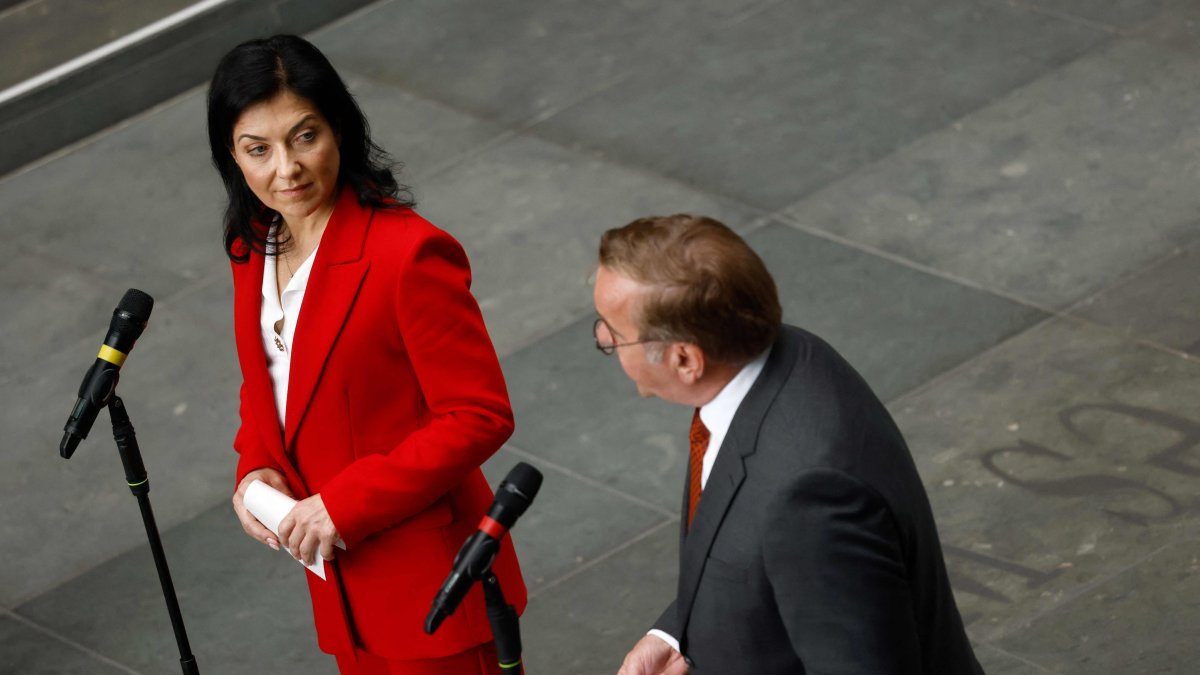Germans need to work longer and more, Economy Minister Katherina Reiche has told a paper in remarks published on Saturday, spurring immediate criticism from worker representatives.
“Demographic change and increasing life expectancy make this unavoidable. Lifetime working must rise,” she said.
Working for just two-thirds of adult life and going on a pension for a third was not possible over the longer term. Too many people had denied demographic reality for too long, Reiche said.
“We have to work harder and longer,” she said. While many were working in physically arduous jobs, there were also many who could and wanted to work for longer.
Reiche noted that companies were reporting that employees worked 1,800 hours per year in the U.S. and only 1,340 in Germany.
She said that reforms agreed by the new center-left government in its coalition deal would not suffice over the longer term.
“Social security systems are overloaded. The combination of nonwage labor costs, taxes and deductions are making the labor factor in Germany uncompetitive over the longer term,” Reiche said.
Christian Baumler, who heads the workers association within Reiche’s own Christian Democrats, expressed criticism of the minister’s remarks and noted that they had no basis in the coalition deal with Social Democrats.
“An economy minister who does not realize that Germany has a high part-time working ratio, and thus a low average annual working time, is the wrong choice for the position,” he said.
The German Trade Union Confederation (DGB) also warned against raising the retirement age. “To ensure good pensions, more money must now come in on the income side of the pension insurance system,” said DGB board member Anja Piel.
Tasks that benefit society as a whole, such as pensions for mothers, must be paid for out of tax revenue and not out of the pension fund, she said.

